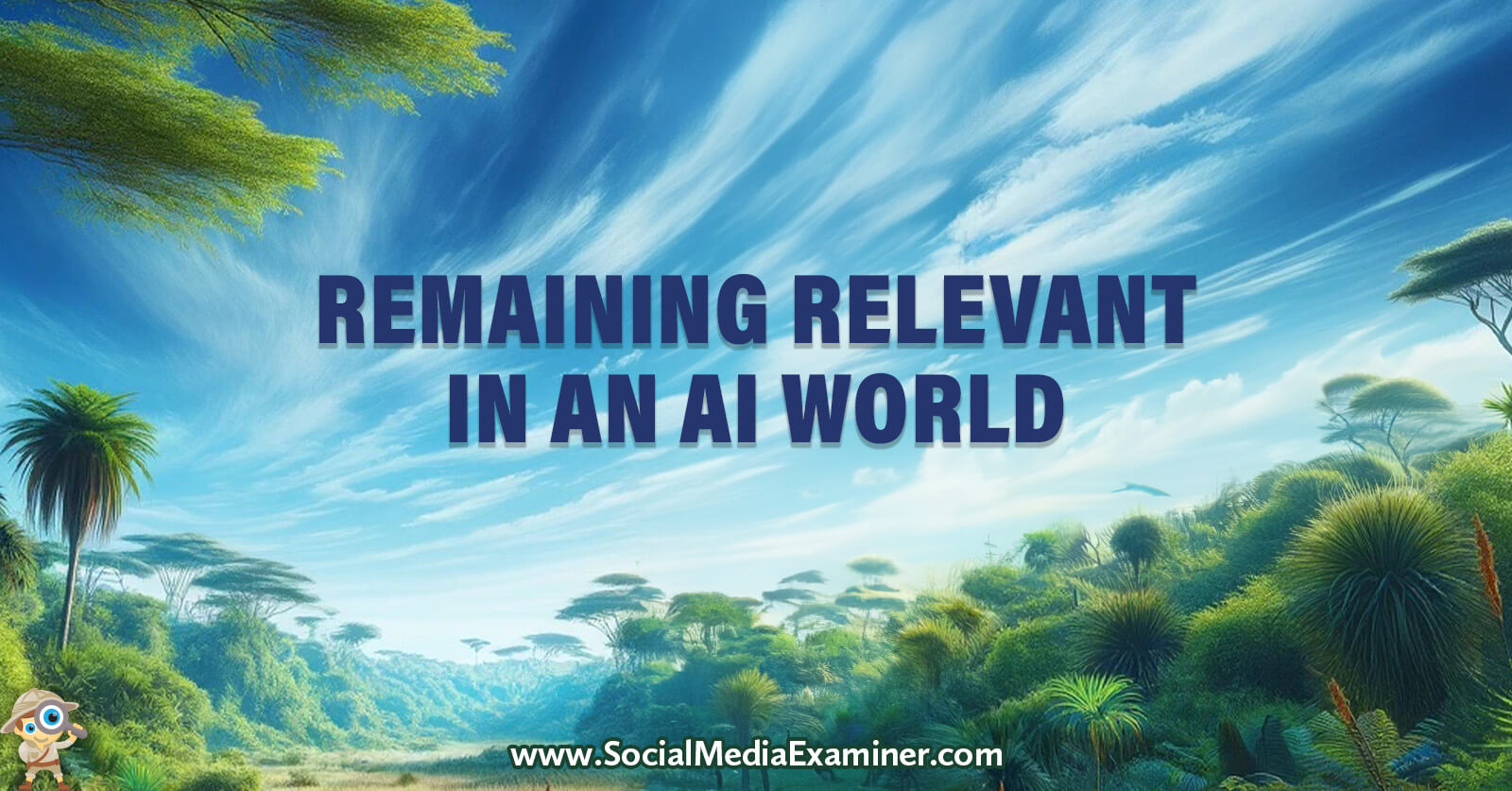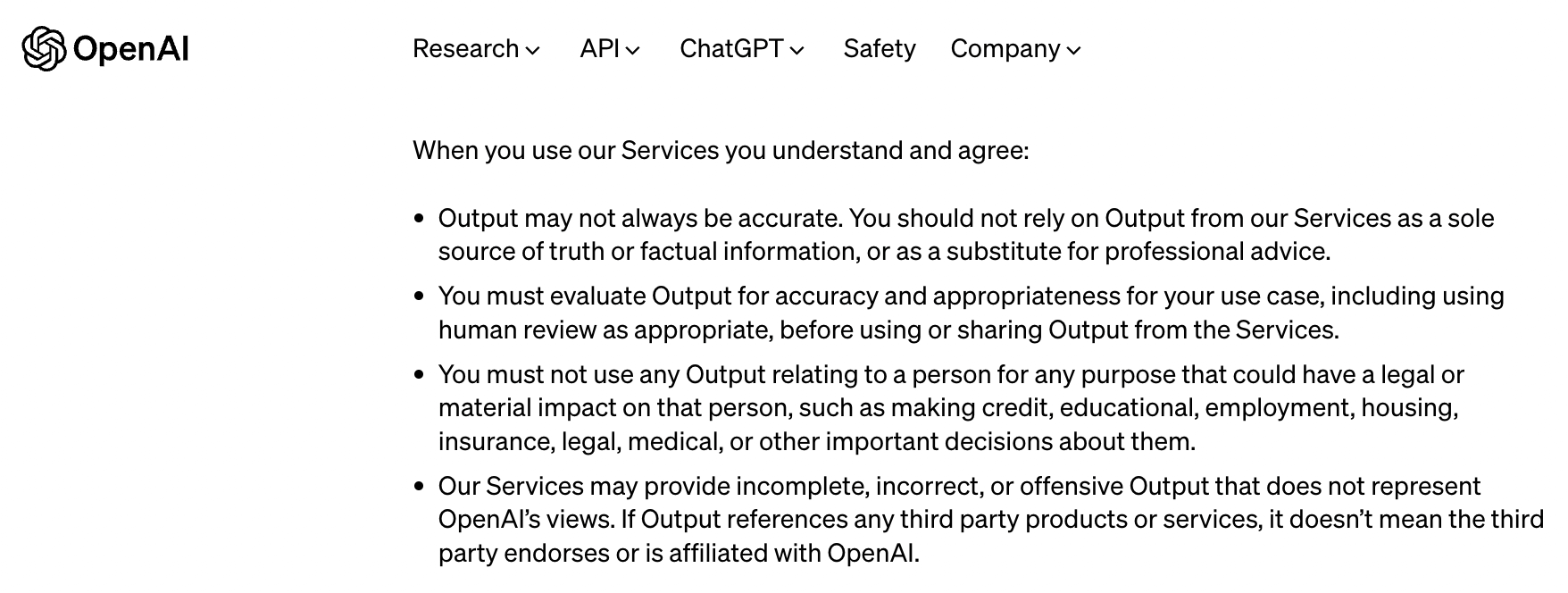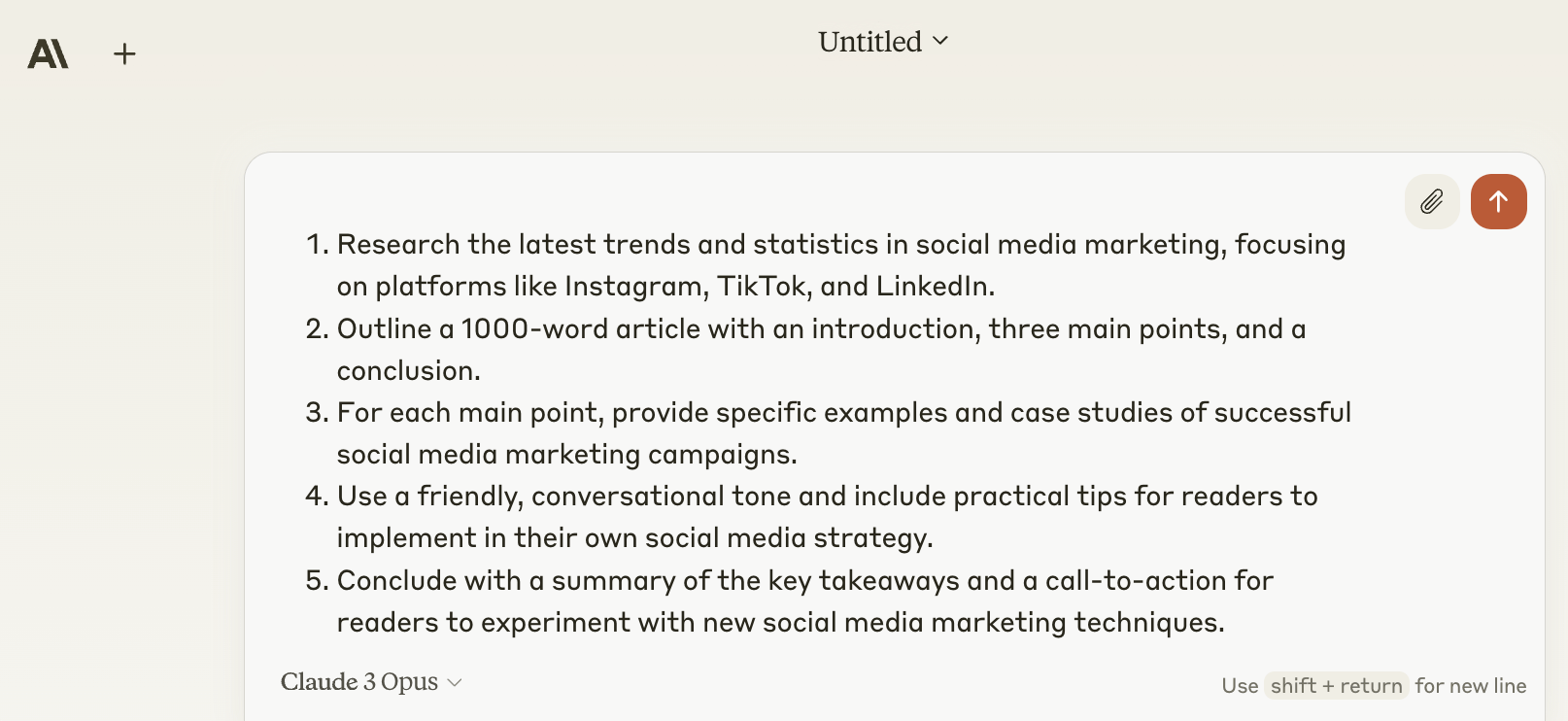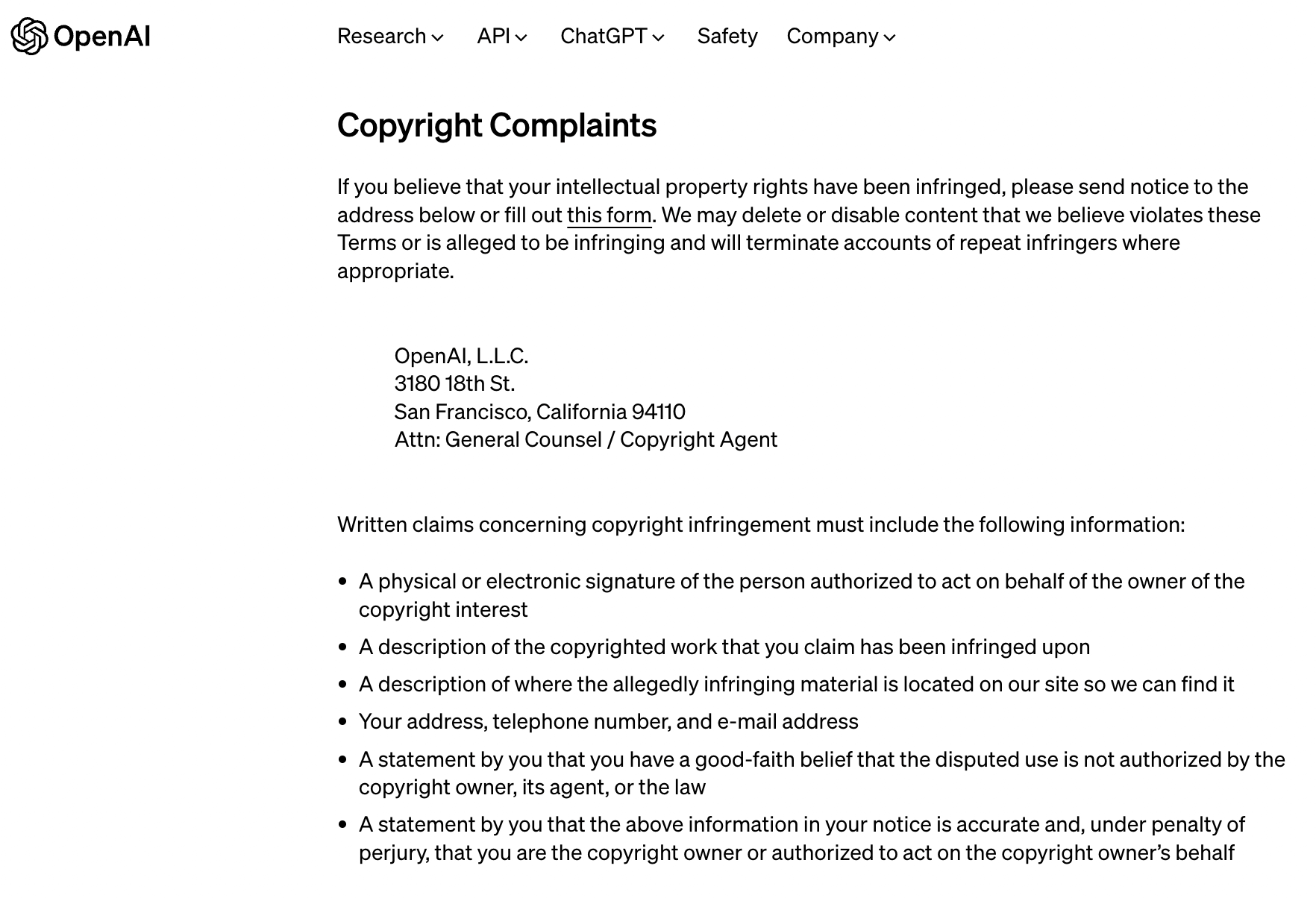Is AI making it harder to differentiate your work? Wondering how to protect your intellectual property from improper use?
In this article, we’ll explore how to remain relevant in the emerging AI world.

Why Should Marketers Pay Attention to AI?
The rise of artificial intelligence (AI) is rapidly transforming the business landscape. While AI offers immense opportunities for growth and efficiency, it also poses significant threats to traditional ways of working. As Ben Angel, author of The Wolf is at The Door: How to Survive and Thrive in an AI-Driven World, says, “One week in the tech space is almost the equivalent of 10 years worth of change in the normal world.”
Ben, a bestselling and award-winning author, speaker, and creator of online courses, offers key insights on how marketers, entrepreneurs, and creators can stay relevant and thrive in an AI-driven future.
When the pandemic hit in 2020, Ben saw it coming and told his team to prepare for a year without income. His team thought he was crazy, but the United States shut down a month later. His online course sales dropped from $170,000 to less than $10,000 in a month. But Ben’s business survived because he was prepared.
Ben encourages people to think about how they reacted to the pandemic and plan for AI similarly. The pandemic taught us lessons we can use to future-proof our businesses. AI is changing the marketing landscape, and we need to prepare for it, whether we like it or not.
Understanding the Risks of AI
While many people are excited by AI's potential to streamline work and boost productivity, businesses and marketers must also be aware of the serious risks.
For example, AI's propensity to “hallucinate”—combining facts with fiction in a way that sounds authoritative but may not be accurate. Businesses using AI-generated content for clients could also unknowingly pass along made-up or plagiarized information.

One of the biggest concerns is copyright infringement. The ongoing lawsuit by the New York Times against OpenAI and Microsoft alleges that OpenAI's ChatGPT was trained on copyright-protected content without permission or compensation.
“This has huge implications for how AI is going to unfold,” Ben explains. “This could potentially open the floodgates for a lot of lawsuits, could literally shut down a lot of AI models that are here in the US alone.”
From a marketer's perspective, if you use AI to create graphics or copy for your clients, you need to consider if they need copyright protection. Note: In the US, you can't copyright AI-generated work because it has to be created by a human to be copyrighted.
The rise of AI agents that can work autonomously is also a looming threat. For example, with just one command, the AI agent could open Google Chrome, go to YouTube, find a specific video, and transcribe it. While this sounds impressive, it also means an AI could easily access sensitive information, like saved passwords and banking details stored in your browser, with just a click.
Many companies, especially OpenAI, are pushing for more AI agents. We will likely see them become more common in the next year. More fundamentally, AI agents will be able to replace many knowledge work functions currently performed by humans, such as analyzing YouTube data, putting it in a spreadsheet, and making a report.
However, Ben warns against calling certain jobs “meaningless” because that allows the technology industry to decide what work is valuable. We're also enabling unelected tech leaders to shape the world without us having a say in it. However, this is starting to change with new AI regulations, like the European Union AI Act, and the US government is looking into the issues AI might cause.
Get World-Class Marketing Training — All Year Long!
Are you facing doubt, uncertainty, or overwhelm? The Social Media Marketing Society can help.
Each month, you’ll receive training from trusted marketing experts, covering everything from AI to organic social marketing. When you join, you’ll also get immediate access to:
- A library of 100+ marketing trainings
- A community of like-minded marketers
- Monthly online community meetups
- Relevant news and trends updates
It raises a big question for everyone, no matter what business they're in: “What is my purpose if AI can do my job faster, smarter, cheaper, and quicker than I can?” Ben says.
While exciting AI advancements, these developments require serious consideration of the economic and existential impacts. Ben emphasizes the need to advocate for AI regulation to protect original content creators, ensure AI is trained on permission data, and allow people to opt out of having their content used to train AI models.
How to Remain Relevant in an AI-Driven World
#1: Become AI Literate
So, how can businesses and individuals adapt and thrive in this rapidly changing world? The first critical step is to develop AI literacy—a deep understanding of AI's current and future capabilities and limitations.
“You can't adapt to something that you don't understand,” Ben says. “And most people are trying to adapt to something that they have no idea what is actually going to unfold.”
Becoming AI literate means taking the time to research developments in your specific industry. A marketing agency, for example, should know that some companies are now contractually prohibiting the use of AI due to concerns over proprietary data being exposed. Promoting your use of AI could backfire if public sentiment grows more concerned than excited about the technology—53% of the population are more concerned than excited about AI.
Being AI literate also means committing to continuous learning to get the most out of AI tools. For example, adding requests for citations can help verify the information AI gives you, even if it can't generate full academic references.
#2: Rethink Your Business Model
The next step is to examine your current offerings and business model closely. How might AI impact demand for your products and services? Conduct a SWOT analysis, comparing your skills against AI's capabilities to identify your strengths, weaknesses, opportunities, and threats.
“It's quite a sobering activity, to be honest with you,” Ben relates, “when you realize, oh, okay, I can't just fly through with what I've been doing anymore. I need to elevate my offering to a whole other level, which means that I'm going to have to change my entire approach to business.”
Diversifying your products and services is crucial to resilience. If AI disrupts one part of your business, you need alternative revenue streams to fall back on. Think proactively about elevating your offering beyond what AI can do. What uniquely human skills do you bring to the table?
#3: Embrace Personal Branding
Personal branding has always been a meaningful way to stand out from the global competition in an online world of endless choices. But Ben argues it's becoming ever more critical to differentiate yourself from AI. As author and strategic director of Orbit Media Andy Crestodina says, AI has no friends, opinions, or faces.
The catch-22 is that AI is improving at mimicking human authenticity and individuals' unique voices and likenesses. While legislation like the proposed Elvis Act in Tennessee aims to curtail the unauthorized use of people's personas, AI-generated mimicry will be an ongoing challenge.
So, how do you build a personal brand that AI can't easily replicate? Ben sees several key elements:
- Embrace self-expression and amplify your unique personality and perspective
- Get comfortable on video to let your audience see the real you
- Build more intimate, 1:1 connections through private groups and memberships
- Continually evolve your self-knowledge and stretch to become who you need to be to adapt
“We need to sit down and look at, okay, who am I at this point in my life,” he advises, “because things are changing rapidly. Who do I wanna become, and who do I need to become to adapt to this?”
#4: Protect Your Intellectual Property
As AI becomes more advanced, protecting your intellectual property (IP) is crucial. Your unique content, whether writing, artwork, music, or other creative works, sets you apart and provides value to your audience.
Style Development
Consider diversifying your writing style or using creative techniques like storytelling or analogies to make your content more distinctive and challenging to replicate. The more unique and personal your content is, the harder it will be for AI to mimic it convincingly.
For example, incorporate personal anecdotes, humor, or metaphors into your writing to give it a distinctive voice. You could also experiment with different formats, such as writing in a conversational style, using bullet points or numbered lists, or incorporating multimedia elements like images or videos.
As an author, Ben is acutely aware of the need to safeguard his IP. He deliberately wrote his latest book in a way that would be difficult for AI to replicate easily—changing up his typical writing style, weaving in story elements in unusual ways, and even including a fictional dream sequence that refers back to earlier chapters.
Prompt Chaining
If you're using AI tools to create content, be mindful of how you input prompts or instructions. Use specific, unique language and avoid using generic or common phrases that others could easily replicate.
This is where techniques like prompt chaining can be helpful. Break down a task into smaller, more specific steps and provide the AI with instructions. By using unique and detailed prompts, you can create more distinctive content that is difficult to replicate.
For example, instead of asking an AI to “write an article about social media marketing,” you might use a series of prompts like these shown below:

Discover Proven Marketing Strategies and Tips
Want to go even deeper with your marketing? Check out the Social Media Marketing Podcast! Publishing weekly since 2012, the Social Media Marketing Podcast helps you navigate the constantly changing marketing jungle, with expert interviews from marketing pros.
But don’t let the name fool you. This show is about a lot more than just social media marketing. With over 600 episodes and millions of downloads each year, this show has been a trusted source for marketers for well over a decade.

Copyright
While copyrighting your work may not stop AI from ingesting and remixing it, Ben still believes firmly in asserting your ownership rights. With AI unable to generate copyrightable content (at least under current US law), original human creations have inherent value.
However, he cautions that the standard advice to “never give away your content for free because Google will reward you with traffic” is becoming outdated. With AI able to provide direct answers without linking to sources, putting your best content out in public forums or on open platforms may give away your IP to train AI models without compensation or attribution.
The solution, Ben believes, is a return to more gated content, paid memberships, and private communities. Creators need to ask more challenging questions of platforms' terms of service and be willing to walk away from those that claim perpetual rights to use their content for AI training and other purposes.
Importantly, this shift requires a change in consumer expectations as well. As a society, we've grown accustomed to expecting most online content to be free. But as the saying goes, “If you're not paying for the product, you are the product.” The new digital social contract may require more direct financial support for the creators and businesses we want to see thrive.
If you're concerned about your content being used to train AI models without consent, consider asserting your ownership rights using copyright notices or watermarks. While these measures aren't foolproof, they can help deter unauthorized use of your content and make it easier to prove ownership if infringement does occur.

A copyright notice typically includes the copyright symbol (©), the year of publication, and the name of the copyright owner. For instance: © 2023 John Smith. You can include this notice on your website, social media profiles, or within the content itself.
Watermarks are another way to assert ownership of visual content like images or videos. By overlaying a semi-transparent logo or text on the content, you can make it clear that it belongs to you and discourage others from using it without permission.
Finally, stay informed about the latest developments in copyright law and intellectual property protection related to AI. As the technology evolves, so will the legal and ethical frameworks governing its use. By staying up-to-date and advocating for creators' rights, you can help shape the future of AI and content creation to benefit everyone.
Terms of Service
When using social media and content-sharing platforms, it's important to understand the terms of service to ensure you're not unintentionally giving away the rights to your content. Many platforms have terms that allow them to use your content for their own purposes, such as training AI models. Therefore, it's crucial to read the fine print carefully and fully comprehend the rights you're granting when you post your content.

Start by reading the fine print on any platforms or tools you use to create or share content. Look for language around intellectual property rights, and ensure you're comfortable with the terms before agreeing to them. Pay particular attention to user-generated content, licensing, and data usage sections. If the terms are unclear or overly broad, consider seeking legal advice or using alternative platforms that offer more protection for your content.
#5: Keep Perspective Through the Hype Cycle
As with any transformative technology, AI is going through a hype cycle. We're still in the early “wow” stage, where it can seem like AI will soon be able to do everything faster and better than humans. Many pundits are making bold predictions about AI ushering in an idyllic future of abundance and leisure.
Ben urges a healthy skepticism of such claims. “There are a lot of questions that aren't being asked,” he points out. A four-day workweek sounds great, but will companies still pay a full five-day salary, or will workers be forced to take on multiple jobs to make ends meet?
While it's hard to say precisely how AI will change careers and the job market in the next two years, one thing is sure: the democratization of information.
Right now, AI companies are like farmers using the AI tractor to gather everyone's “crop” of information, and people are getting bypassed. For example, the company that owns Reddit and WordPress paid OpenAI millions to use their users' content to train AI models.
Farmhands lost their jobs when tractors were introduced, but the work didn't stop—it shifted to unpaid work by children on the farms. Similarly, authors and creators make content that AI uses without paying or giving credit.
Ben believes that AI regulation would help balance this by making AI companies pay for the content they use to train their models. Researchers have found that when AI is trained on AI-generated content, it “goes mad” and breaks down. So, AI constantly needs fresh, authentic content.
Every business owner is a creator, and their income comes from their information—so they need to protect their content and knowledge “crop,” Ben says.
While we can and should try to prepare for the most likely scenarios, we must accept that the path forward will have surprising developments, unintended consequences, and much trial and error.
#6: Find Purpose in an AI World
Ultimately, thriving in the age of AI will be as much an emotional and spiritual journey as an intellectual and professional one. The changes ahead may shake our identities and sense of self to the core. In advising his readers to recognize their grief stage, Ben permits us not to have it all figured out, to feel afraid or angry, and to grieve what we may lose.
To develop emotional intelligence, Ben recommends you:
- Acknowledge the fear.
- Educate yourself on AI developments (AI literacy).
- Make a plan based on logic, not just what AI investors say.
- Write out your questions and apply critical thinking to them.
Ben also holds out hope that this disruption is an opportunity for growth. By stretching beyond our comfort zones, being willing to continually reinvent ourselves and our businesses, investing in our relationships and communities, and committing to lifelong learning, we can tap into the qualities that make us uniquely human.
We yearn for meaning and purpose. No machine, no matter how intelligent, can give that to us. In rising to the challenges posed by AI, we'll discover new reservoirs of human creativity and resilience and richer ways of working and living together. As Ben puts it, the goal is to “remain in hope and acceptance that we have to process all of these developments to even get to that point.”
One thing is sure: the wolf of AI is at the door. It's up to us to face it head-on. We may not know exactly where this journey will take us, but with foresight, flexibility, and fortitude, we can survive this transformation and find ways to thrive.
Ben Angel is a bestselling and award-winning author, speaker, and creator of online courses. He’s author of Unstoppable: A 90-Day Plan to Biohack Your Mind and Body for Success and The Wolf is at The Door: How to Survive and Thrive in an AI-Driven World, his latest book. His podcast is Beyond Unstoppable, and his course is 28 Days to AI Mastery. You can find him on YouTube and LinkedIn.
Other Notes From This Episode
- Connect with Michael Stelzner @Stelzner on Instagram and @Mike_Stelzner on Twitter.
- Watch this interview and other exclusive content from Social Media Examiner on YouTube.
Listen to the Podcast Now
This article is sourced from the Social Media Marketing Podcast, a top marketing podcast. Listen or subscribe below.
Where to subscribe: Apple Podcasts | Spotify | YouTube Music | YouTube | Amazon Music | RSS
✋🏽 If you enjoyed this episode of the Social Media Marketing podcast, please head over to Apple Podcasts, leave a rating, write a review, and subscribe.
Stay Up-to-Date: Get New Marketing Articles Delivered to You!
Don't miss out on upcoming social media marketing insights and strategies! Sign up to receive notifications when we publish new articles on Social Media Examiner. Our expertly crafted content will help you stay ahead of the curve and drive results for your business. Click the link below to sign up now and receive our annual report!
Attention Agency Owners, Brand Marketers, and Consultants

Introducing the Marketing Agency Show–our newest podcast designed to explore the struggles of agency marketers.
Join show host and agency owner, Brooke Sellas, as she interviews agency marketers and digs deep into their biggest challenges. Explore topics like navigating rough economic times, leveraging AI, service diversification, client acquisition, and much more.
Just pull up your favorite podcast app, search for Marketing Agency Show and start listening. Or click the button below for more information.

